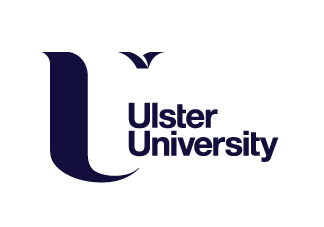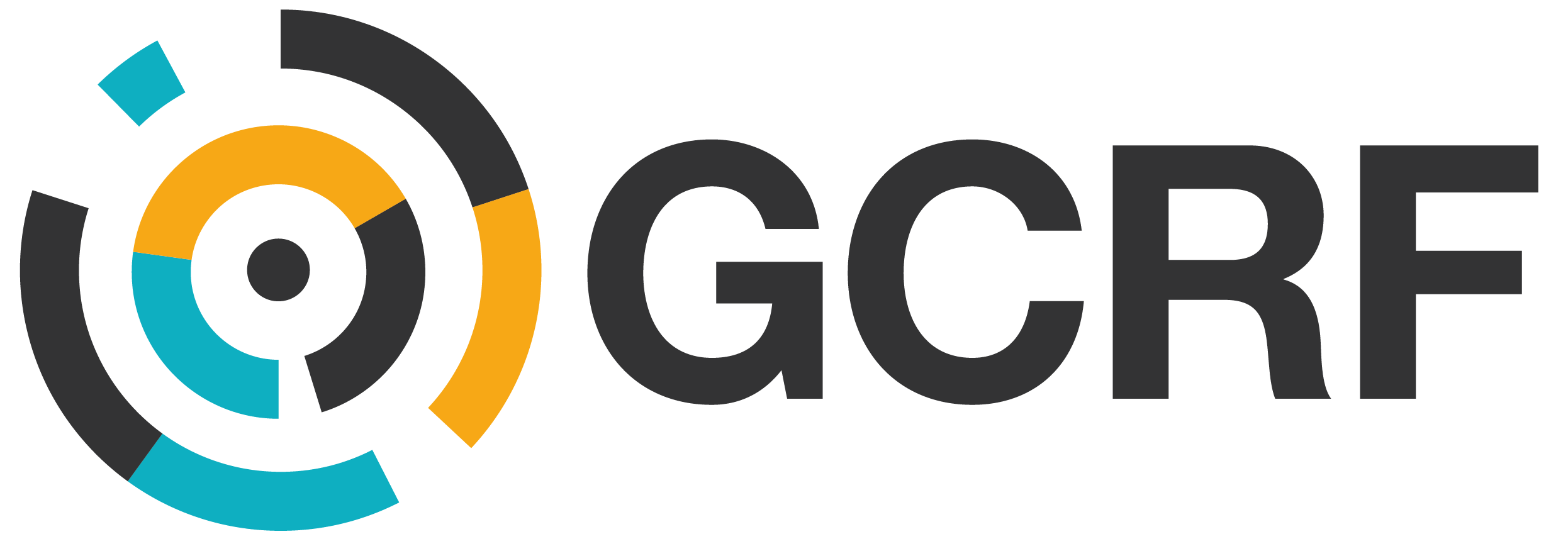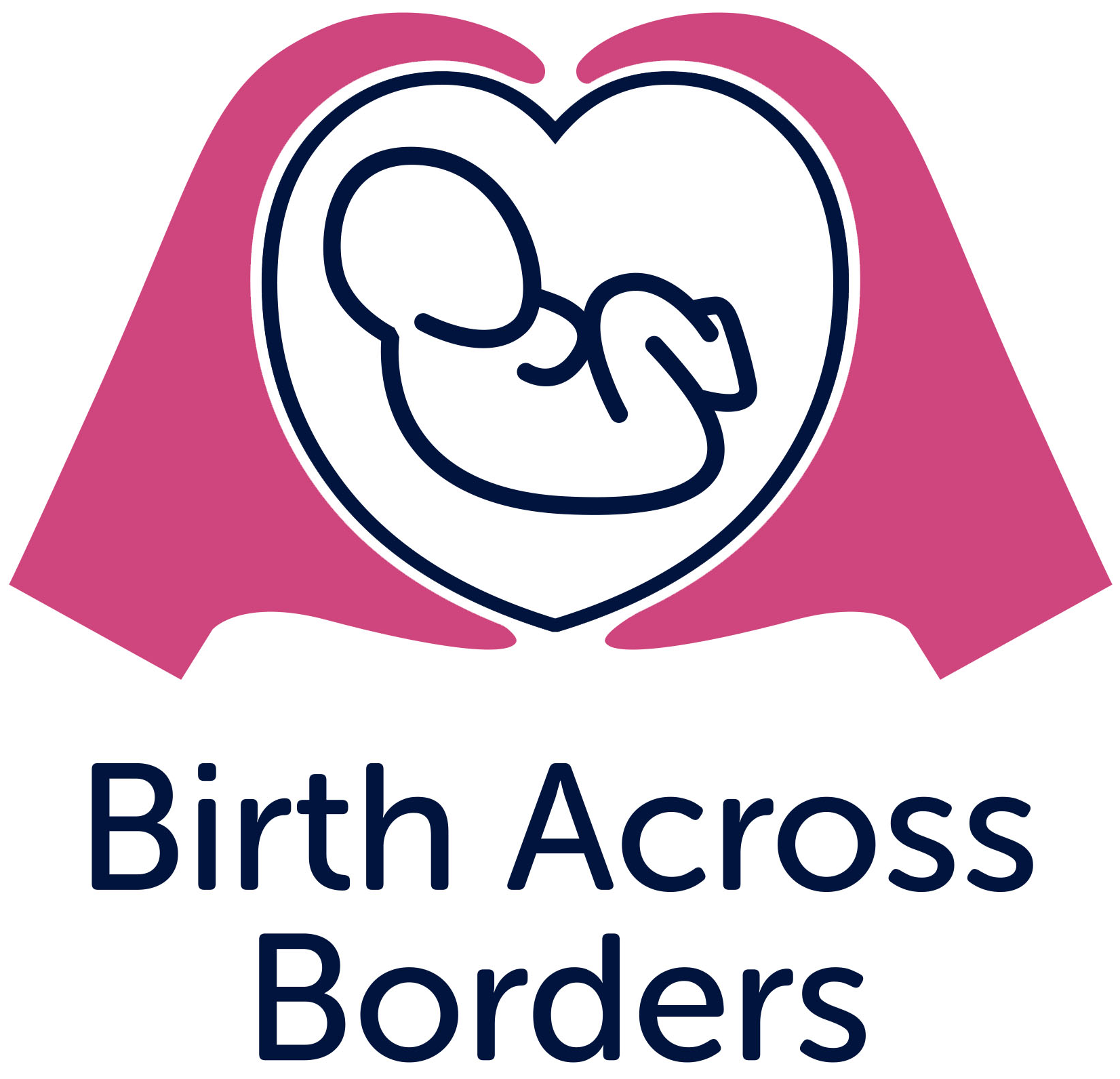Birth Across the Borders
Implementing research to support
women and babies to thrive,
not survive in fragile settings
Photo Credit: Martin Johnston
Access to education
We believe that all mothers have a right to access high quality and equal education during pregnancy and birth
Support
We are committed to supporting women giving birth in difficult situations to access emergency care and skilled practitioners
Partnership
We understand that it takes a village to save a mother and baby and are committed to community partnerships and capacity building to bring sustainable entrepreneurship to remote areas
Our values
We believe that all mothers have a right to access respectful and high quality care during pregnancy and birth
We are committed to developing evidence based interdisciplinary educational resources that are relevant and make sense to mother, families and communities in their culture and context
We understand that it takes committed partnerships, based on human rights, co-production and respect to deliver the resources needed to address the complex challenges that exist in Myanmar
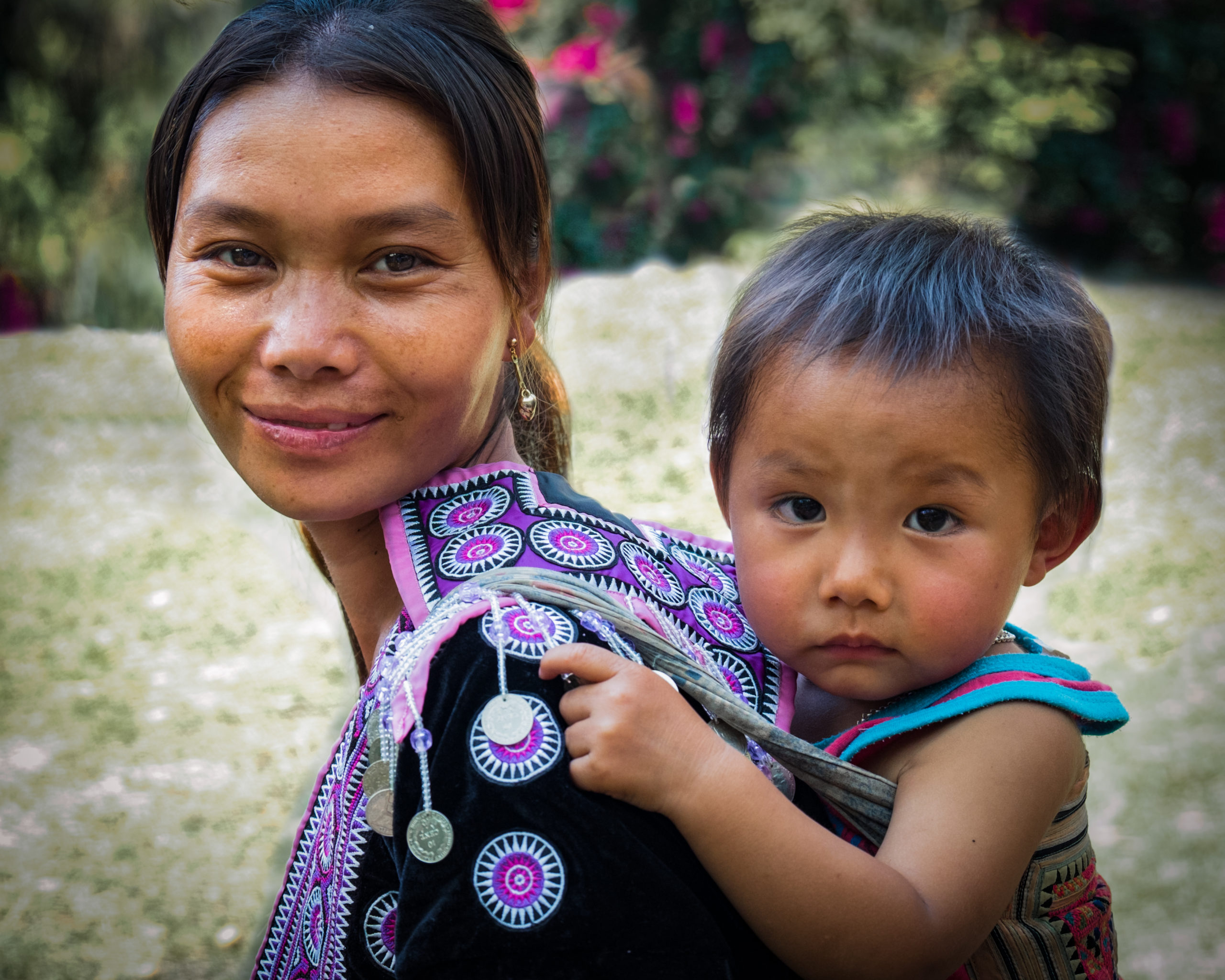
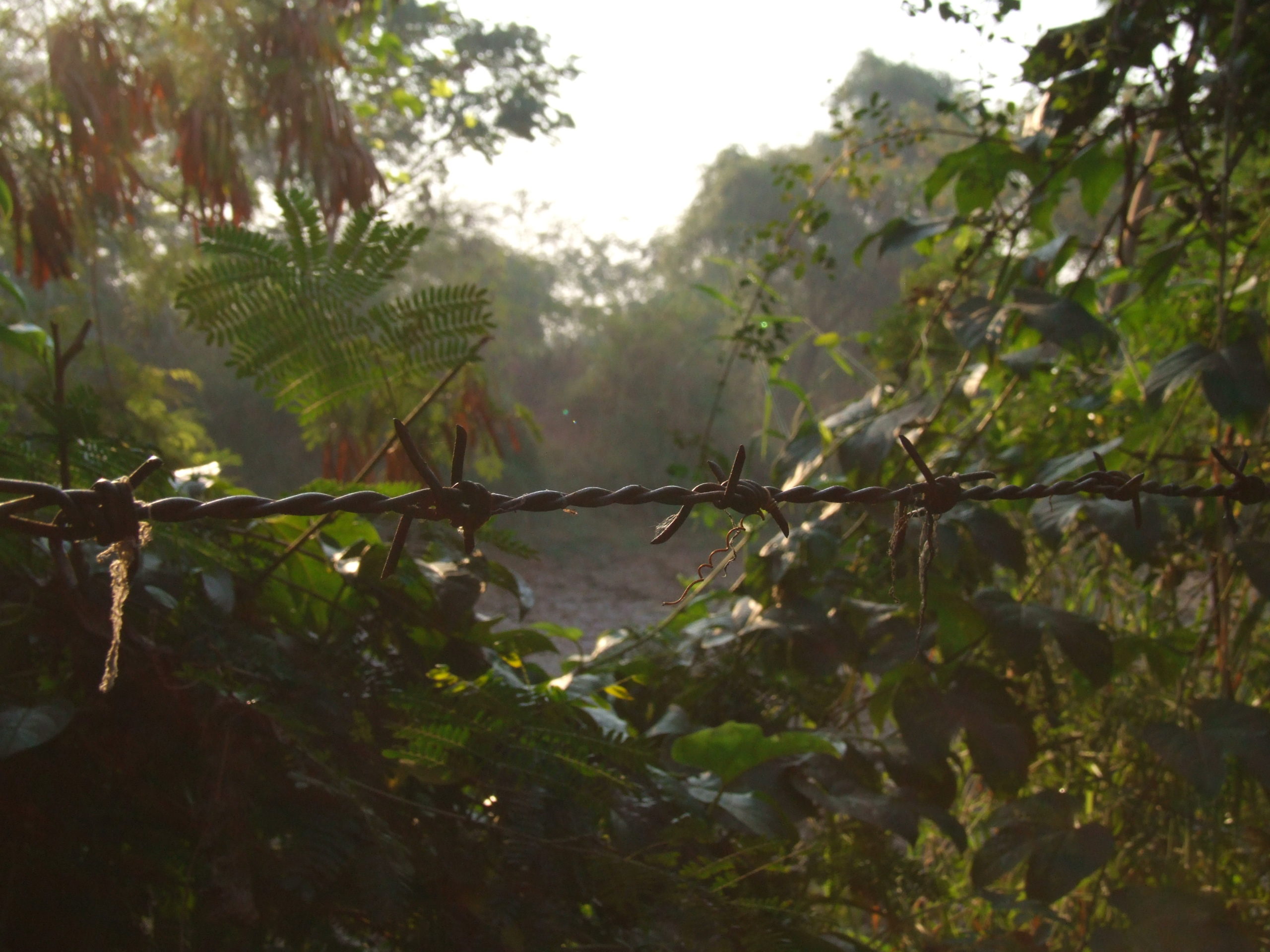
Why Myanmar?
Myanmar has a long history of ethnic conflict and restricted access. In many remote areas there is a critical lack of infrastructure and economic resources which leave mothers at high risk of maternal health complications especially during pregnancy and birth. This is made worse by low levels of education, political instability and a lack of sustainable investment.
How does research help?
Through our research we have heard first-hand about the challenges and resilience that exist within these remote communities. Integrating the Sustainable Development Goals we are designing resources for mothers and families that will make sense in their world. Using stories, role plays, games and education our goal is to help women and families access relevant and high quality education, support women when they have to make emergency decisions during pregnancy and birth and have the resources to pay for care. All of these will help to improve health and well-being and support women and communities to thrive.
What did we learn from our research?
In our research one woman said ‘it’s always the pregnant women that suffer most in times of conflict in our communities’.
“It’s not just the distance, we aren’t used to travelling to the city. We don’t have the money for it and the whole idea seems just out of reach”.
64% of women said they did not have access to a skilled healthcare worker in their remote communities, increasing the risk of delayed care and complications.
“In the hospital they don’t speak our language or understand our culture”
69% of women said they would not feel comfortable going to the hospital or clinic outside their area.
“Taking medication to stop the bleeding, doesn’t that harm our health?”
75% of women said they do not use contraception in their area.
Why include social enterprise?
We could develop educational resources for mothers but if there is no-one who can help them in an emergency it won’t make a difference. We could train healthcare workers in emergency obstetric care but if the families can’t pay for that care they won’t go. But if we support communities to develop new and sustainable ways of farming and doing business in remote areas the communities can work together to support and provide for their women and children. The women can recognise the risks in pregnancy and birth without leaving it too late to go and get help and the community can help to pay for the treatment through community projects.
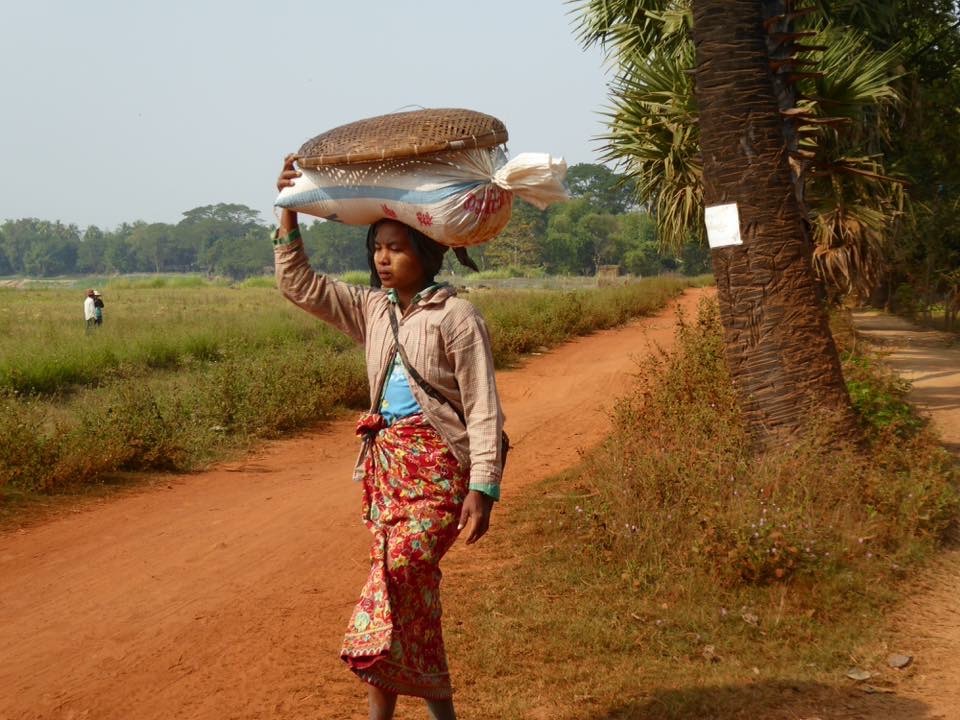
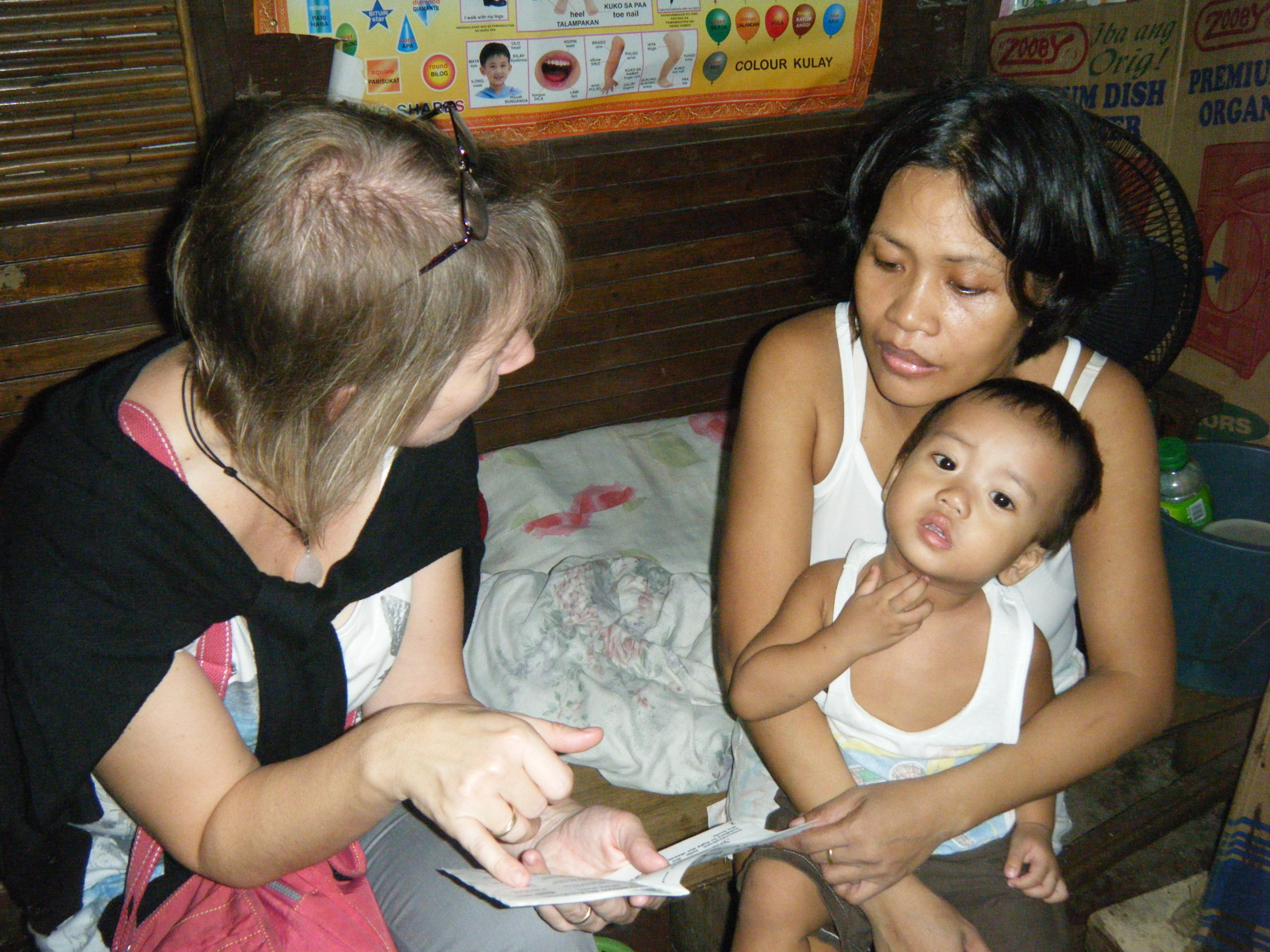
Working with our partners.
Working with local partners we wanted to hear and understand the stories and experiences of the women, families and communities in remote areas of Myanmar. We collected surveys from mothers, healthcare workers and local business owners.
We also collected storybooks, interviews and group discussions from women, fathers and traditional birth attendants to find out more about being pregnant and giving birth in their communities. We interviewed medics, skilled healthcare workers and emergency obstetric healthcare workers to hear their experiences of emergencies in remote areas. We asked village leaders how they helped and cared for pregnant women and mothers. We talked to them about their leadership and responsibilities and how they help to develop new business and projects to support their communities.
What difference will this make?
From our research we know that the challenges facing these communities are complex with many risk factors. But education is the catalyst to change. With our partners we have collected the most recent evidence in maternal health, emergency obstetric care and social enterprise in Myanmar. Through analysis of our data we have found common and different cultural values and practices and are integrating these into our educational resources for mothers and families, healthcare workers and village leaders and local business owners to find ways to support women and families when they have babies.
